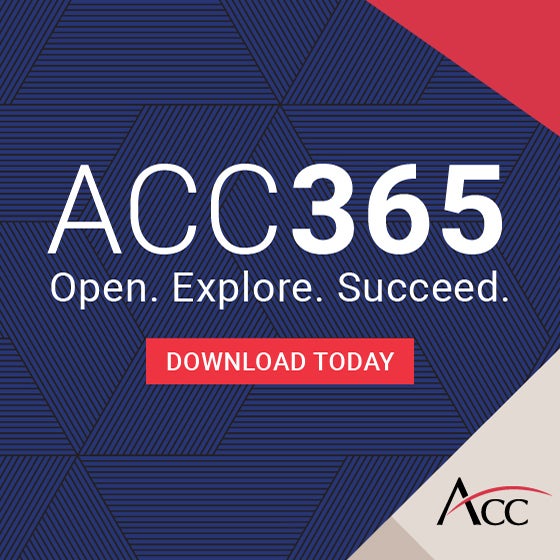ACC Australia participated in consultation with the Legal Services Council (LSC) and then lodged a submission with the LSC seeking an amendment to the Legal Profession Uniform Law (“the Uniform Law”). The proposed ACC solution is to allow corporate legal practitioners to provide legal services to controlled entities within the same corporate group without breaching any of the provisions of the Uniform Law. The amendment proposed would legitimise the broader scope of work that in-house counsel are able to provide to their employer and other entities within a contemporary corporate structure. The changes would recognise the modern corporate practice of in-house counsel and the wide array of corporate structures in today’s business world that rely on the provision of legal services by their in-house counsel. An amendment of the type proposed, essentially introducing a control test, would also mean that in-house counsel would no longer be forced to take out a Principal Practising Certificate with the concomitant requirement to also take out professional indemnity insurance. Currently that is the only viable work-around which enables in-house counsel to fulfil their employer’s legitimate needs for legal services within their particular corporate structure.
On 31st January, 2020 the ACC received notification from the LSC of ‘Consultation paper on proposed amendments to the Legal Profession Uniform Law, January 2020’. Attention was drawn to recommendations 2 and 3 on page 8 of the paper. Recommendations 2 and 3 essentially follow the ACC submission recommendations.
The recommendations essentially propose a control test.
In summary, the key elements of the proposal are as follows:
- extends to other types of entities, not just bodies corporate
- describes the relationship between entities in a way which does not rely on percentage thresholds
- captures entities in a ‘parent’, ‘subsidiary’ or ‘sibling’ relationship (consistent with the meaning of ‘related body corporate’ and ‘associated entity’ in the Corporations Act)
Subject to any changes during the consultation process, it is anticipated that the legislators will be able to facilitate the passing of the legislation for implementation later in 2020.
Click here to take a quick advocacy survey
(only 3 questions and literally 30 seconds of your time)

